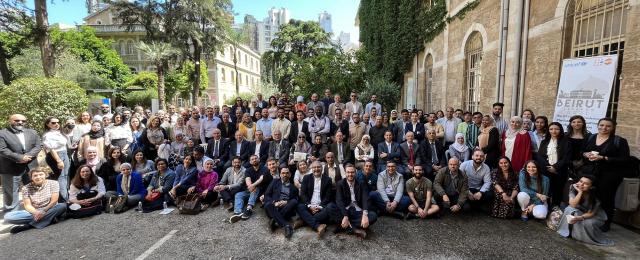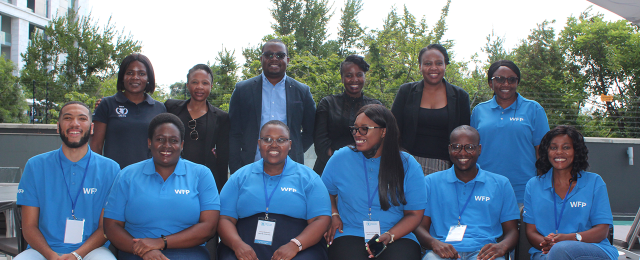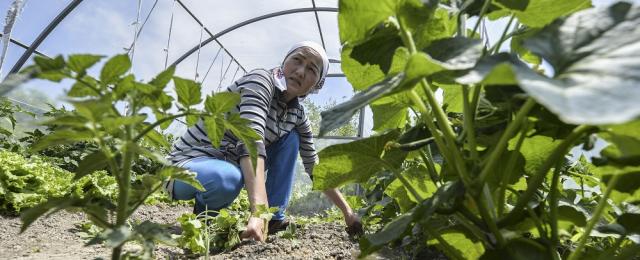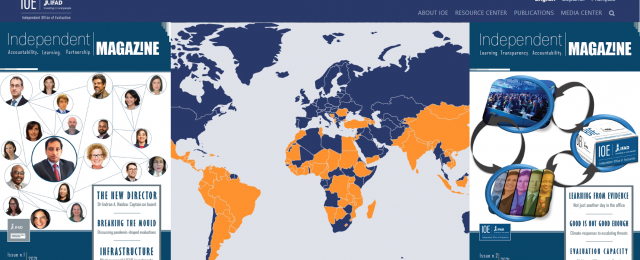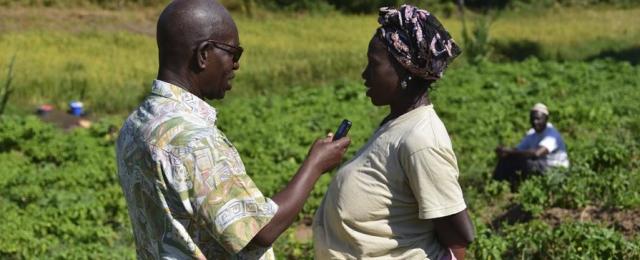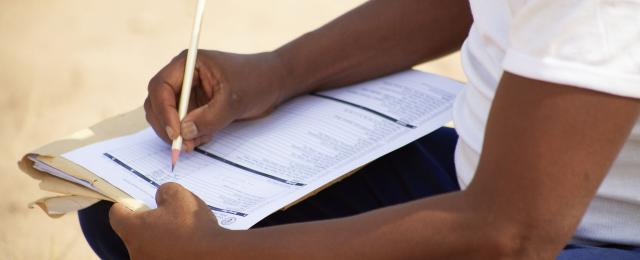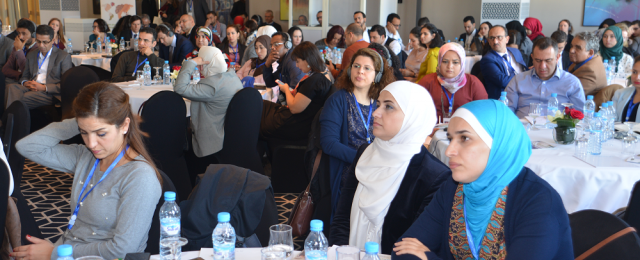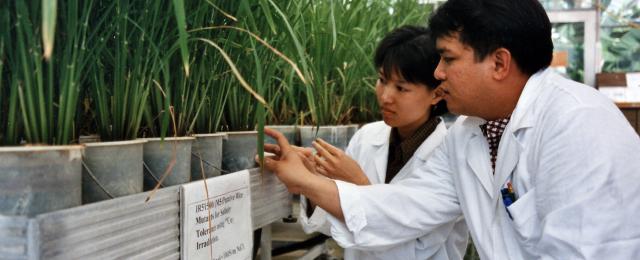Connecting data and research to policies to transform the agricultural sector: the EPA Forum
From 2 to 3 December 2021, the Evidences - Policies - Actions (EPA) Forum had its second edition, organised in a hybrid format under the theme "Connecting data and research to policies to transform the agricultural sector in Benin". Over the two days, public sector officials, researchers




